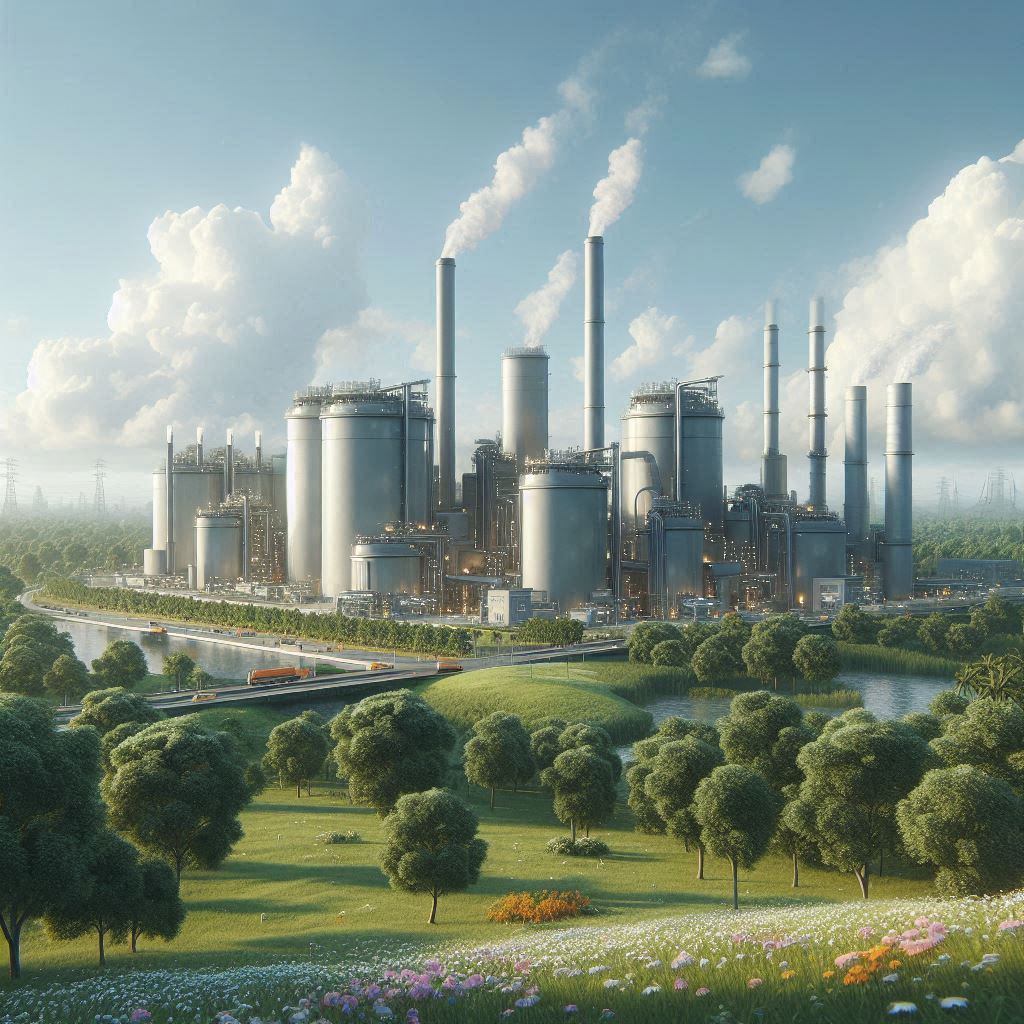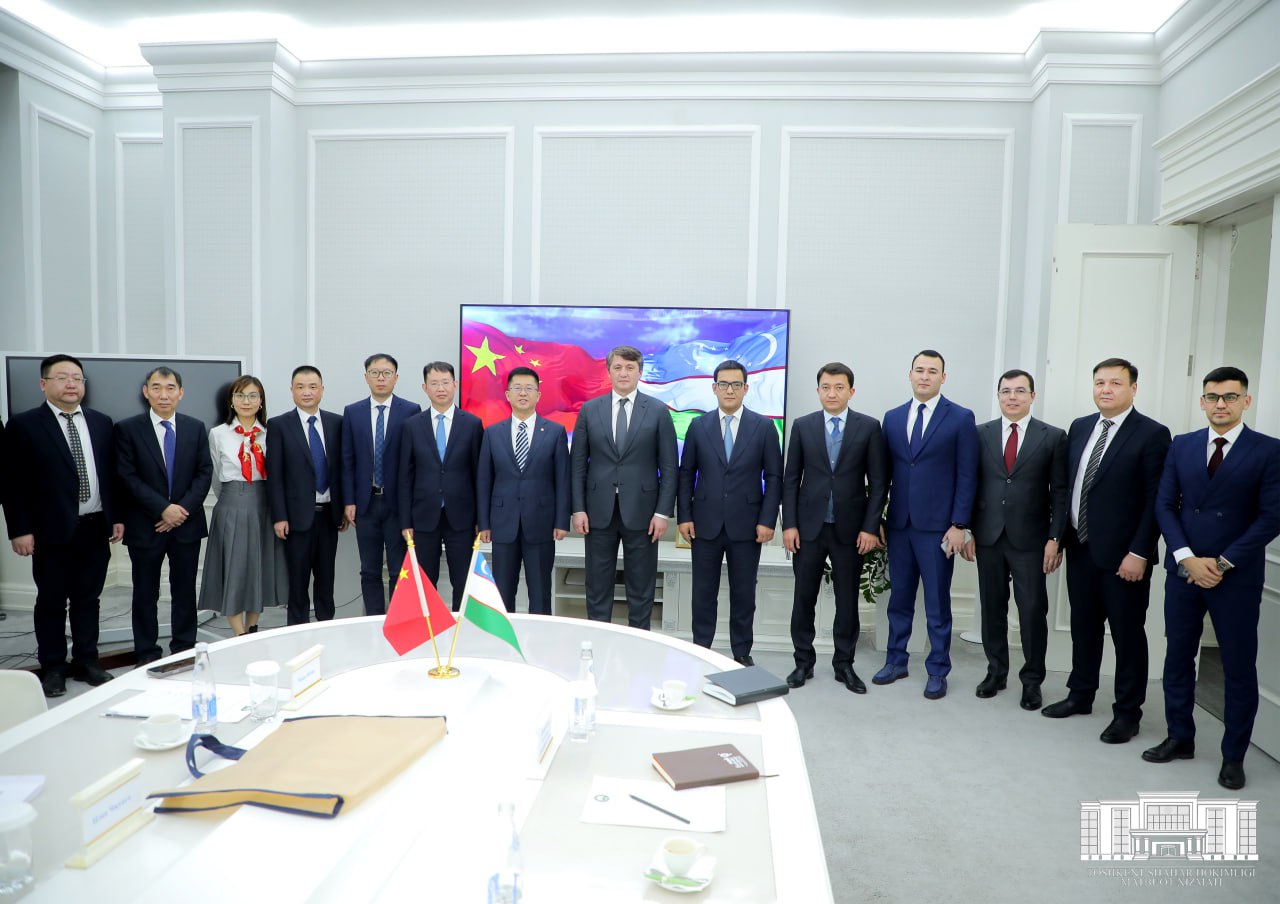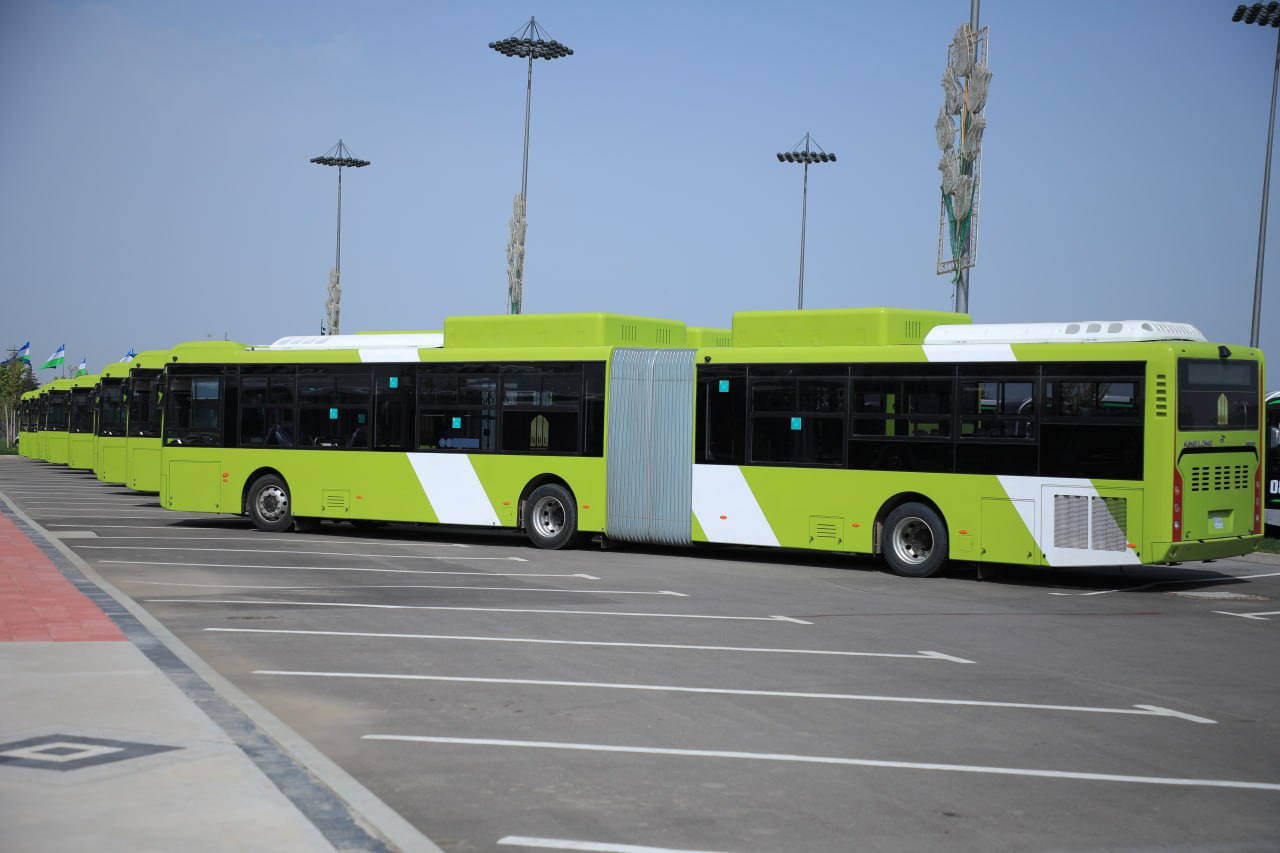Минэкологии Узбекистана объявило о подписании соглашений с шестью крупными компаниями из Китая, Южной Кореи и Объединённых Арабских Эмиратов, которые намерены построить в 11 регионах страны станции, производящие электроэнергию путем сжигания отходов. Эти проекты, общей стоимостью свыше 1,2 миллиарда долларов, позволят ежегодно перерабатывать более 4,7 миллиона тонн мусора и вырабатывать 2,1 миллиарда кВт/ч электроэнергии на сумму 97 миллионов долларов.
Эти станции помогут сократить объёмы свалок в 5 раз, сэкономить 152 миллиона кубометров природного газа и уменьшить выбросы парниковых газов на 2,4 миллиона тонн. Строительство объектов начнется в январе 2025 года, а в эксплуатацию они должны быть введены к декабрю 2026 года.
Проекты планируется реализовать в Андижанской, Бухарской, Джизакской, Кашкадарьинской, Навоийской, Наманганской, Самаркандской, Сырдарьинской, Ферганской и Ташкентской областях, а также в Ташкенте.
Ключевые проекты:
- China CAMC Engineering (Китай) построит два завода в Ташкентской и Андижанской областях на 12 га, стоимость каждого — 350 миллионов долларов. Они будут утилизировать 1,38 миллиона тонн отходов в год, вырабатывать 630 миллиона кВт/ч электроэнергии и обеспечивать её поставку для 36 тысяч домохозяйств. Будет создано 300 рабочих мест. Кроме того, количество мусорных полигонов в регионах сократится на 50%.
- Shanghai SUS Environment (Китай) создаст два завода в Самаркандской и Кашкадарьинской областях стоимостью по 310 миллионов долларов каждый. Здесь планируется утилизировать 1 миллион тонн отходов ежегодно, производя 480 миллионов кВт/ч электроэнергии для 27 тысяч домохозяйств.
- China Everbright Group (Китай) построит по одному заводу в Наманганской и Ферганской областях стоимостью 283 миллионов долларов каждый. Эти предприятия будут утилизировать 1 миллион тонн отходов в год и обеспечат выработку 455 миллиона кВт/ч электроэнергии, что хватит для 26 тысяч домохозяйств.
- Chengdu Environmental Group (Китай) запустит завод стоимостью 135 миллионов долларов в Джизакской области, который займется утилизацией отходов Джизакской и Сырдарьинской областей. Предприятие будет перерабатывать 547,5 тысяч тонн отходов, вырабатывать 230 миллионов кВт/ч электроэнергии, обеспечивать её поставку для 13 тысяч домохозяйств. Кроме того, здесь будет организовано производство стройматериалов.
- Tadweer Group (ОАЭ) построит завод стоимостью 200 миллионов долларов в Бухарской области, рассчитанный на переработку 547,5 тысячи тонн отходов и производство 363 миллионов кВт/ч электроэнергии для 21 тысячи домохозяйств.
- Sejin (Республика Корея) реализует проект в Ташкентской области на 59 га стоимостью 55 миллионов долларов. Завод будет специализироваться на переработке отходов для производства альтернативной энергии. Он позволит снизить выбросы парниковых газов на 53 тысячи тонн ежегодно и вырабатывать 16 миллионов кВт/ч электроэнергии.



